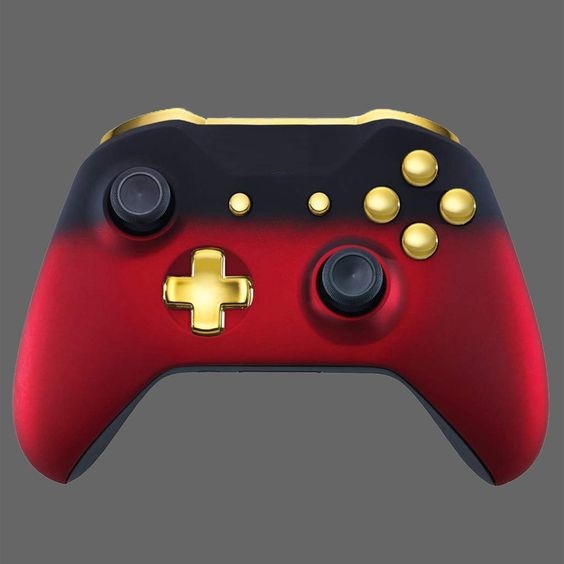In the realm of technology, controllers are the unsung heroes that make modern machinery function seamlessly. Whether in industrial automation, home electronics, or gaming consoles, controllers play a pivotal role in ensuring devices operate efficiently and effectively. This blog delves into the various types of controllers, their applications, and why they are integral to our digital world.
What is a Controller?
A controller is a device or a set of devices that manages, commands, directs, or regulates the behavior of other devices or systems. Controllers act as intermediaries, processing inputs from sensors or user interactions and issuing commands to actuators or other systems to achieve desired outcomes. They are fundamental components in both hardware and software realms, enabling complex systems to function cohesively.
Types of Controllers
Controllers come in various forms, each designed for specific applications. Here are some of the most common types:
- Programmable Logic Controllers (PLCs):
- Application: Industrial automation and control systems.
- Functionality: PLCs are used to automate machinery and processes. They receive input signals, process them according to a pre-defined program, and produce output signals to control actuators.
- Microcontrollers:
- Application: Embedded systems in consumer electronics, automotive, and IoT devices.
- Functionality: Microcontrollers are small computers on a single integrated circuit containing a processor, memory, and input/output peripherals. They control the functions of embedded systems, such as microwave ovens, washing machines, and automotive engine control systems.
- Game Controllers:
- Application: Video game consoles and personal computers.
- Functionality: These are input devices used to interact with video games. They convert user actions into digital signals that the gaming system can understand and respond to.
- Motor Controllers:
- Application: Robotics, electric vehicles, and industrial machinery.
- Functionality: Motor controllers regulate the performance of electric motors. They control speed, torque, and position by processing input signals and adjusting the power supplied to the motor.
- Network Controllers:
- Application: Computer networks.
- Functionality: Network controllers manage data flow in a computer network. They ensure efficient and secure communication between connected devices by controlling data packets’ routing and handling.
The Role of Controllers in Modern Technology
Controllers are at the core of modern technological advancements. Here’s a closer look at their roles in various fields:
- Industrial Automation:
- In manufacturing plants, PLCs and motor controllers are used to automate processes, increasing efficiency and precision. They handle everything from assembly lines to packaging and quality control.
- Consumer Electronics:
- Microcontrollers in devices like smartphones, smart home gadgets, and appliances make our lives easier by automating tasks and enabling intelligent features.
- Automotive Industry:
- Modern vehicles are equipped with numerous microcontrollers that control engine performance, safety systems, infotainment, and more. These controllers enhance vehicle performance, safety, and user experience.
- Healthcare:
- Medical devices, such as infusion pumps, diagnostic machines, and wearable health monitors, rely on controllers to function accurately and reliably, improving patient care.
- Gaming:
- Game controllers enhance the gaming experience by providing intuitive and responsive control over gameplay, making games more immersive and enjoyable.
The Future of Controllers
As technology evolves, so do controllers. The future holds exciting possibilities:
- Artificial Intelligence and Machine Learning:
- Integrating AI and machine learning with controllers will enable smarter, more adaptive systems capable of learning from data and improving over time.
- IoT Integration:
- Controllers will play a crucial role in the Internet of Things (IoT) ecosystem, connecting and managing a vast array of devices and systems, from smart homes to industrial IoT applications.
- Enhanced Connectivity:
- Advancements in wireless technology and networking will enable controllers to communicate more efficiently and reliably, supporting the growth of connected and autonomous systems.
- Miniaturization and Efficiency:
- Continued miniaturization and improvements in energy efficiency will lead to more compact and power-efficient controllers, broadening their application scope and enhancing their performance.

